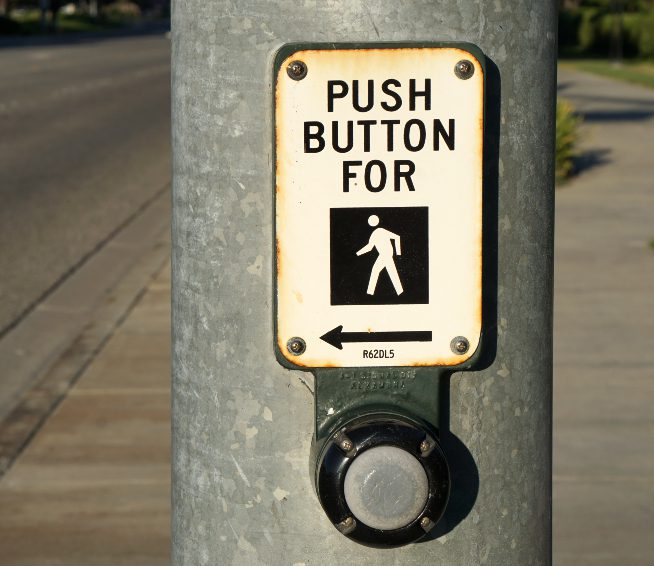Colorado Jaywalking Laws: What Are They?

Crossing the busy streets of Colorado can be dangerous, even if you are crossing at a designated crosswalk. The Center for Disease Control (CDC) has reported that in the United States, there are nearly 6,000 pedestrians killed in traffic accidents each year. While drivers have a responsibility to be alert and aware of pedestrians to prevent a devastating accident, pedestrians must obey Colorado’s jaywalking laws and traffic laws to do their part to prevent accidents as well. Understanding the importance of Colorado pedestrian laws is crucial for both safety and legal reasons.
Mintz Law Firm has extensive experience helping clients who have been the victims of pedestrian accidents in Colorado. Our skilled legal team knows that when a pedestrian is aware of jaywalking laws in Colorado, it may be the difference between being hit or crossing the road safely.
What is Jaywalking?
Jaywalking is when a pedestrian crosses a street between two intersections, not utilizing a designated crosswalk, including crossing between intersections with working traffic control signals other than at a crosswalk. You may be surprised to learn that Colorado law considers jaywalking a traffic offense punishable by a fine of up to one hundred dollars. A pedestrian may be considered to be jaywalking if they cross a busy road at any location other than the following:
- Crosswalk
- Marked intersections
- Unmarked intersections
If you are jaywalking in Colorado, you may be charged with a Class B infraction under Colorado law.
What are the Dangers of Jaywalking Under Colorado Pedestrian Laws?
Crossing an intersection at an undesignated area or outside of a pedestrian crossing on a busy road is dangerous. While drivers should be alert and aware of pedestrians, they may not be expecting a jaywalking person. This could cause the driver to fail to see the pedestrian in time for them to stop, resulting in a damaging accident. Furthermore, when there is no sidewalk available, it’s crucial for pedestrians to face oncoming traffic to enhance their visibility and safety.
Additionally, jaywalking can be damaging to a person’s pedestrian accident claim. In Colorado, the modified comparative negligence law applies, which reduces a plaintiff’s compensatory award by the percentage of their fault, potentially barring recovery if the pedestrian is 50% or more at fault. Depending on the details of the incident, even if the driver was acting negligently, if the victim was jaywalking, their overall financial compensation may be reduced. This is because it may be decided that the person who was jaywalking was partially to blame for the accident’s occurrence. If the pedestrian is found to be more than fifty percent at fault for the accident, they may not recover any damages at all. If you have been in a pedestrian accident, you must get the help of an experienced Colorado pedestrian accident lawyer who may be able to help you get fair compensation for your losses.
Get Help From a Colorado Pedestrian Accident Lawyer
Jaywalking is not only illegal in Colorado, but it is also hazardous. If you or a loved one has been involved in pedestrian accident cases, it’s crucial to understand the complexity of these incidents and the potential legal implications. Pedestrian laws in Colorado play a significant role in both preventing accidents and providing a legal framework for seeking recourse after an accident. You must get help from a Colorado pedestrian accident lawyer who may be able to help you navigate these complex cases and laws.
Mintz Law Firm is a team of pedestrian accident attorneys with over 30 years of experience helping clients in Colorado. We understand that the Colorado legal system can be overwhelming, but our knowledgeable lawyers can help clients navigate the claims process. Our skilled legal team is proud to provide clients with the personalized and award-winning legal counsel they deserve. To schedule a free consultation, contact us here or call (303) 462-2999.
